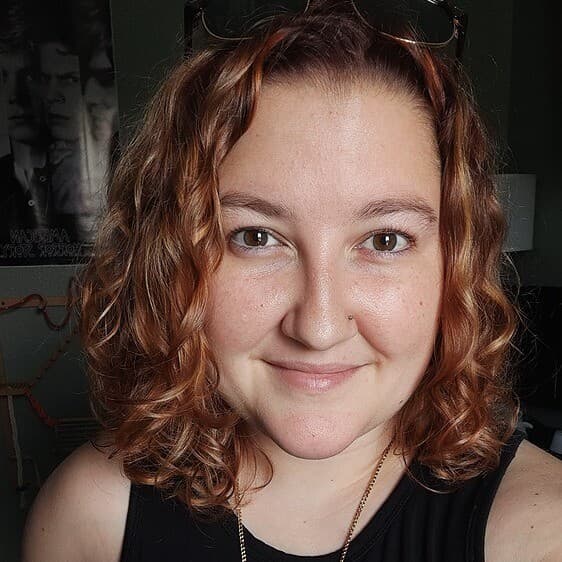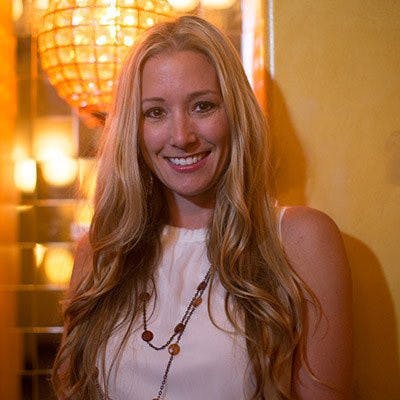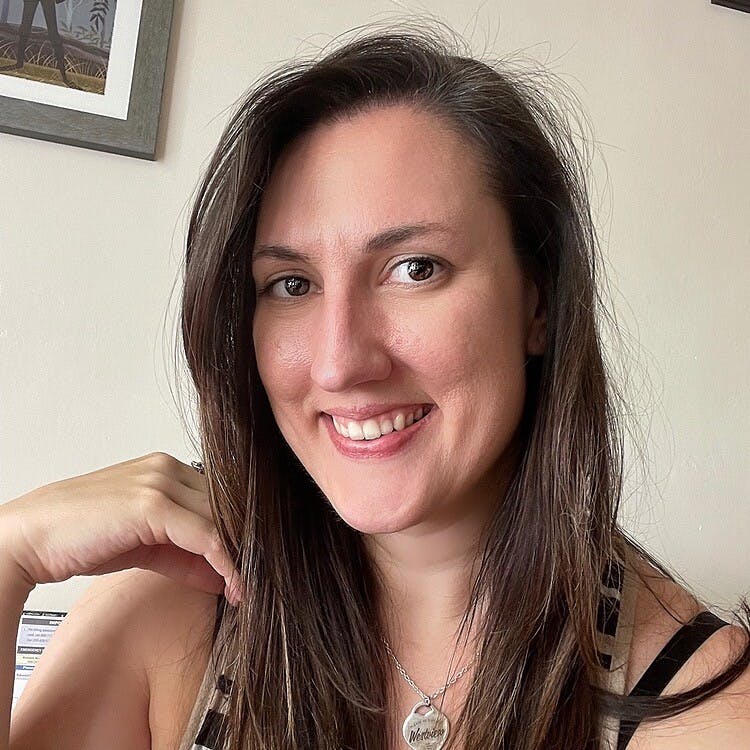How To Discover Your Theme In Your Script

Trying to rigidly adopt a writing process and methodology can be a heartless exercise. I beat myself up for years because my execution of the story did not match the guidance of the best teachers. Not that I am criticizing anyone for working that way. In fact, I say more power to you, but it isn’t always a method that has worked for me. I finally had to surrender to my own instincts, my Voice regarding my methods and process.
Some writing teachers advise you to determine your theme before you start writing. I can see the wisdom of this and its benefits, yet I have found it difficult. Somehow that pre-determination just didn’t feel right. It seems like I’m dictating to the characters rather than discovering the truth of their story and their lives through them.
Deep down, I wondered, even as the author, did I really have the right to dictate to ‘my’ characters their deepest truths and discoveries, especially if I want them to live and breathe as true unique, unpredictable individuals? Is it possible the omniscient writer doesn’t know everything? Sure, I may have an idea about my characters, but I really do have to vet that idea with them. I suspect some of you may be raising your eyebrows just now and thinking, “You’re the writer, man. What do you mean you don’t have the right to dictate to your characters?”
I understand. It does sound a little odd, but as I said, it works for me. I honestly believe that the theme and universal truth of the story are best discovered in concert with the characters through their thoughts, actions, and experiences. This feels more natural than pre-determining essentially who they are in advance before they have had a moment to stand and strut about on the stage of the creative imagination.

I’m trying to get organically, honestly, to the deepest aspects of the story (theme and universal truth) through the experiences, needs, mistakes, and struggles of the characters rather than by force. That doesn’t mean if I have what I think is a great idea, I won’t try it on them, but ultimately they are the ones who approve or disapprove, and they speak through my Voice.
It has to do with our relationship. The author and the character’s relationship. We are kind of like God to our characters. But what kind of a God are we? A God that dictates and pre-determines what our characters will think, do, face and overcome or be defeated by? Or are we a God that gives our characters the freedom to choose, freedom to be defeated and to make mistakes, freedom to learn or not learn from those mistakes? A caring God who puts in place justice to the extent that characters may reap what they sow, the kind of poetic justice that is common in most stories and that an audience inherently, for some reason, expects, poetic justice being one aspect of universal truth.
If we write our characters from that perspective, giving them the freedom to make mistakes and overcome those mistakes, we are also giving them the freedom to dig deep inside themselves when they face a challenge or obstacle and find a way to overcome it. Find a way that they and even we (as the authors) hadn’t anticipated or already thought of. In this way, we DISCOVER the truth of the character, and we learn along with the character who they really are. We haven’t predetermined their reaction to events. We’re living their truth in concert with them.
To me, this is the ultimate respect between us, the author, and our characters; it’s at the heart of our relationship. The character’s truth emerges naturally and organically through the choices they make and the obstacles they face. Along with their truth comes a theme. Their truth IS the theme. It’s a universal truth that we can all learn from based upon the individual and personal story the character has experienced, that which we, as the God of the story, give the character’s freedom to experience on their own.

The universal truth or theme is the generic truth or wisdom that all in the audience might be able to identify with or at least take with them to consider, the kind of thing that people think about after the movie, play, or book is over.
The great writing teachers may teach our Voice about craft, and I can attest they have taught mine, but ultimately it’s our Voice that must decide what to use and how to use it in our own stories. It is the owner of our creative process. It speaks with its own authority and method.
For me, as a story unfolds, it’s a series of discoveries. The last and final discovery is the theme, often at the very end of my process of writing, not at the beginning. It’s the cherry on the cake. The last thing I do to make my story (hopefully) delicious. When the clarity of the theme finally appears, it can mean fine-tuning that which came before to some degree – more work? So be it. But is it honest and organic? For me, the answer is yes.
For me, the questions which accompany the discovery of theme are: What’s really working and what isn’t? How does it make you feel, either intuitively or instinctively? Are you comfortable or uncomfortable? That’s your Voice. What truth is your character discovering and learning in their revelation? Is it honest and humble in itself? Could it apply to everyone? How do your characters need to change when faced with their revelation? How does it affect their choices and behavior, and how is this change depicted? How does it change who they are?
I have had to be ruthlessly honest with my own process. I can only seek the organic original truth of my story within the reality of my own characters’ lives. For better or for worse, all we have to work with are their experiences in the story. What I do acknowledge is that all the beats and steps the writing teachers mention for any genre should be present IF your story supports them organically. If you try to force structure onto the freedom and integrity of your characters, it may limit their freedom and, in so doing, rob them and you of an organic revelation.

The opportunity that lies at the heart of this journey is the discovery of an element of truth that might just be original.
This is a personal approach that may or may not resonate with you but which I have come to accept as my own best effort to write something meaningful.
This doesn’t mean we reject or disdain the teachings and guidance of great writing teachers; not in the least, we want to find the elements they recommend within the fabric of our story but in an organic way. Their guidance is a terrific way to pose questions to yourself about your characters, your story and see what your Voice naturally responds to. It’s very creative and works well.
Hopefully, our work has found its own truth and reality and uses story structure techniques to help that process along.
Let's hear your thoughts in the comments below!
Got an idea for a post? Or have you collaborated with Stage 32 members to create a project? We'd love to hear about it. Email Emily at blog@stage32.com and let's get your post published!
Please help support your fellow Stage 32ers by sharing this on social. Check out the social media buttons at the top to share on Instagram @stage32 , Twitter @stage32 , Facebook @stage32 , and LinkedIn @stage-32 .
About the Author

Chris Morley
Playwright, Screenwriter, Script Consultant, Editor
Welcome to my page and my body of work. Thanks for dropping by! PLAYVEL.COM - For more info. See you there!












